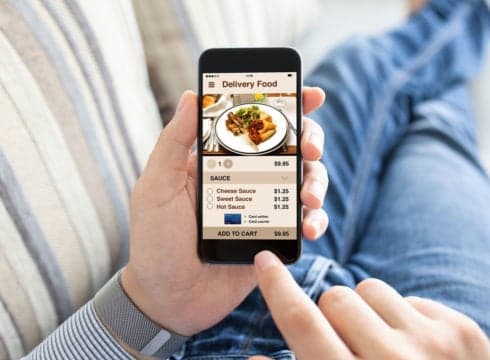FSSAI has now said that some of the ecommerce platforms have not even obtained a licence for themselves.
After receiving consumer complaints of sub-standard food being served through ecommerce platforms, FSSAI had given July 31 deadline to these companies
Inc42 Daily Brief
Stay Ahead With Daily News & Analysis on India’s Tech & Startup Economy
After the deadline of July 31 for online food delivery platforms to delist non-FSSAI (Food Safety and Standards Authority of India) licensed food businesses, the regulator has issued a statement saying that about 40% of restaurants listed on online food delivery platforms such as UberEats, Zomato and Swiggy have failed to meet its deadline for obtaining licence.
Inc42 had earlier reported that FSSAI order was also aimed at ensuring that FBOs listed on platforms — Box8, Faasos, FoodCloud, Foodmingo, Foodpanda, JusFood, LimeTray, Swiggy, UberEats and Zomato — comply with the food safety rules and regulations.
The food authority had asked these platforms to submit a report on action taken against non-licensed FBOs along with their details by July 31, 2018.
In a statement, FSSAI has now said, “Some of the ecommerce platforms have not even obtained a licence for themselves.” The statement further noted that in many cases, listed food businesses have recently applied for FSSAI License/Registration but still do not possess them.
“It has also been decided to conduct an audit of IT platforms of these ecommerce food aggregators from the angle of compliances for food safety and hygiene under the Food Safety and Standards Act, 2006 read with Food Safety (Licensing and Registration) Regulations, 2011,” the statement added.
After receiving consumer complaints of sub-standard food being served through ecommerce platforms, the aggregators were advised to display FSSAI license number on their platform along with the name and location of the restaurants.
Pawan Agarwal, CEO of FSSAI, said, “This is part of a special drive by the regulator to bring in all food businesses under the FSSAI licensing regime and ensure compliance of the food safety laws. FSSAI had only recently notified regulation bringing ecommerce aggregator platforms within the purview of the food safety law. I hope these platforms will now begin to take food safety seriously from a regulatory standpoint.”
He also appealed to these aggregators to begin to use some of their resources in training and capacity building of restaurants for improving food safety and hygiene rather than focusing only on deep discounts and aggressive marketing to build consumer traction to their respective platforms.
The FSSAI in February 2018 issued guidelines which mandated ecommerce FBOs to provide their license number obtained from the regulator.
According to 2018 RedSeer Consulting report,the number of daily orders from online food delivery platforms reported 15% growth on a quarterly basis from January to September, last year.
The report estimated that India’s food-tech sector is set to grow at a similar pace in 2018 as well. It further noted, “It is time to work harder to ensure compliance as soon as possible with this new legal framework.”
With food safety being a major concern for platforms, the FSSAI order is a strict step towards increasing food delivery industry.
{{#name}}{{name}}{{/name}}{{^name}}-{{/name}}
{{#description}}{{description}}...{{/description}}{{^description}}-{{/description}}
Note: We at Inc42 take our ethics very seriously. More information about it can be found here.


